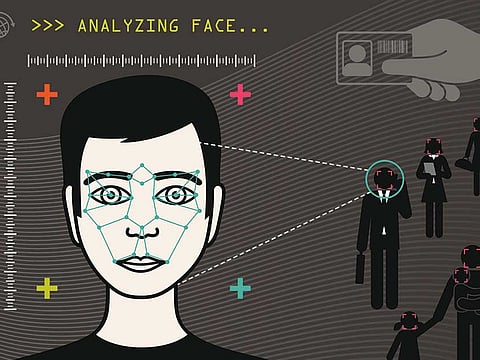Police use face-recognition software as India protests intensify
There are fears state is using police to prevent democratic protests

New Delhi: Indian police have started using facial-recognition software to screen large crowds as protests over a new religion-based citizenship law intensify, the Indian Express newspaper reported, citing people it didn’t identify.
The software, originally acquired in 2018 to find lost children, was used at a political rally for the first time on December 22, when Prime Minister Narendra Modi staunchly defended the contentious law in New Delhi, the paper said. Police in the Indian capital have started feeding footage of ongoing protests to the software to filter out “habitual protesters” and “rowdy elements,” according to the report.
The report comes amid widespread allegations of police brutality during the nationwide demonstrations, in which at least 25 people have been killed, scores more injured and thousands detained, at a time when the country’s economy has slowed. Modi on Wednesday blamed the demonstrators for vandalism, saying those who were misled and caused damage to public property “should sit at home and ask themselves if their path was right.”
The Indian Express report may spark fears that the state is using the police to prevent democratic protests against a law that bars undocumented Muslims from three neighboring nations seeking Indian citizenship, but allows people of other faiths to do so.
Police in New Delhi - controlled by Modi’s federal government - are focused on “law and order” and have used “extensive archival videography and behaviour analysis” to identify suspects, the newspaper cited an unidentified spokesperson as saying. Police fed footage of public protests venues to the face-recognition software to identify suspects after receiving intelligence of possible disruptions at Modi’s rally, the report said, citing the spokesperson.



